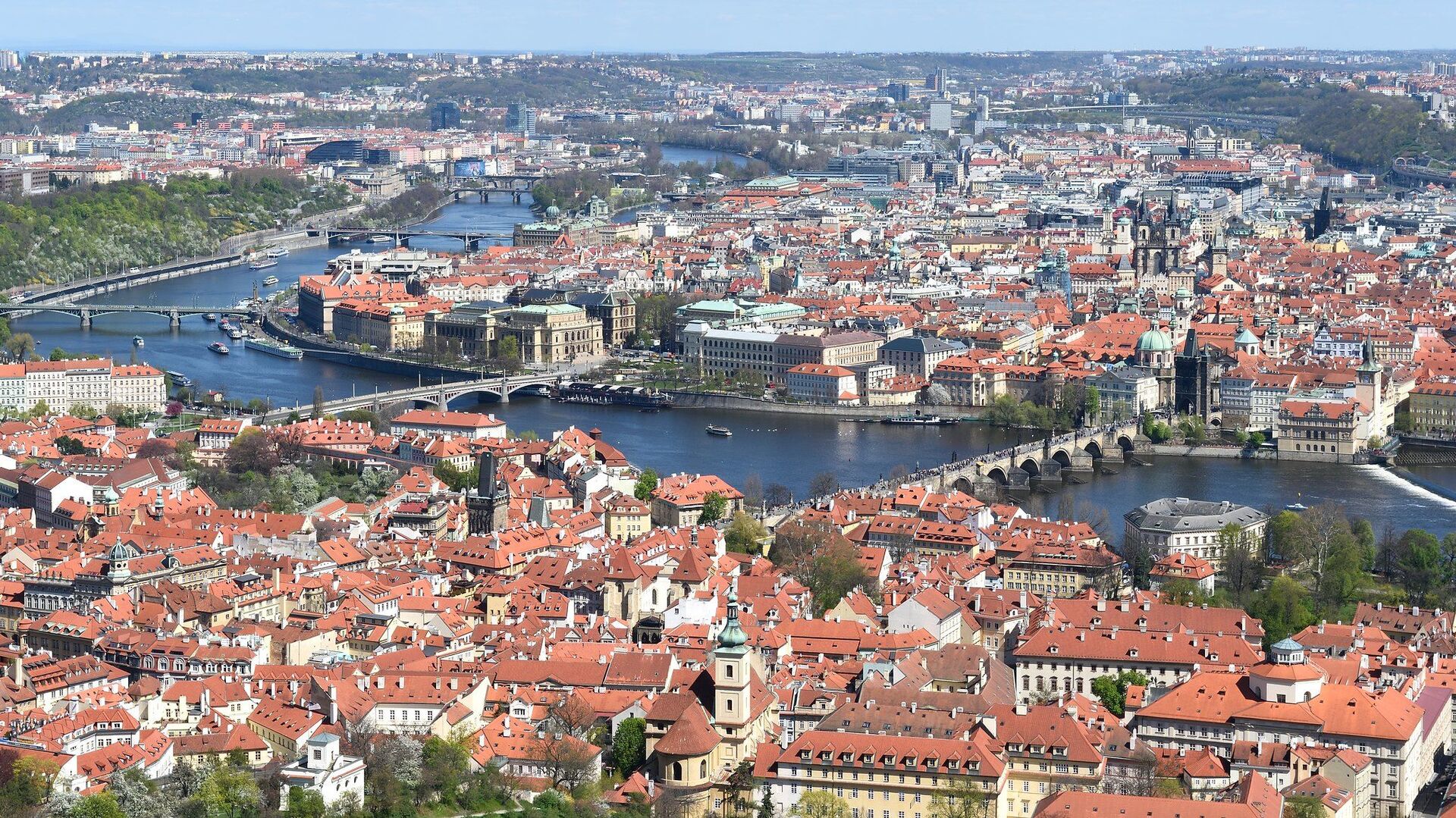https://sputnikglobe.com/20221003/czech-republics-gas-storage-facilities-89-full-industry-minister-1101470491.html
Czech Republic's Gas Storage Facilities 89% Full: Industry Minister
Czech Republic's Gas Storage Facilities 89% Full: Industry Minister
Sputnik International
PRAGUE (Sputnik) - The Czech Republic has filled its gas storage facilities to 89%, accumulating more than 3 billion cubic meters of gas, Minister of Industry... 03.10.2022, Sputnik International
2022-10-03T13:49+0000
2022-10-03T13:49+0000
2023-06-20T17:10+0000
energy crisis in europe
gas
czech republic
https://cdn1.img.sputnikglobe.com/img/07e5/05/0e/1082890835_3:0:2046:1149_1920x0_80_0_0_ce9208ffeef49b8a7801382a0030e362.jpg
"Despite the fact that Russia no longer supplies gas to the Czech Republic, we managed to fill underground gas storage facilities [UGS] by 89% and they now contain more than 3 billion cubic meters of gas. In particular, 150 million cubic meters of gas were pumped into UGS in September," Sikela said at a press conference.The Czech Republic currently receives gas from Norway, as well as through liquefied natural gas (LNG) terminals in Belgium and the Netherlands. Overall, gas consumption in the country decreased by 18% in the first eight months of this year, according to the minister.Petr Tresnak, deputy head of the ministry, noted that the department sets an example for others in saving gas and electricity.The European Union has been facing a massive energy crisis and struggling to fill its gas reserves in time for the heating season due to the sanctions imposed on Russia after it launched a military operation in Ukraine on February 24. The sanctions and the military operation resulted in significant disruptions in supply chains and a spike in energy prices worldwide.The new heating season in Europe is due to start in mid-October, although last year it was pushed until November.
czech republic
Sputnik International
feedback@sputniknews.com
+74956456601
MIA „Rossiya Segodnya“
2022
Sputnik International
feedback@sputniknews.com
+74956456601
MIA „Rossiya Segodnya“
News
en_EN
Sputnik International
feedback@sputniknews.com
+74956456601
MIA „Rossiya Segodnya“
Sputnik International
feedback@sputniknews.com
+74956456601
MIA „Rossiya Segodnya“
gas, czech republic
Czech Republic's Gas Storage Facilities 89% Full: Industry Minister
13:49 GMT 03.10.2022 (Updated: 17:10 GMT 20.06.2023) PRAGUE (Sputnik) - The Czech Republic has filled its gas storage facilities to 89%, accumulating more than 3 billion cubic meters of gas, Minister of Industry and Trade Jozef Sikela said on Monday.
"Despite the fact that Russia no longer supplies gas to the Czech Republic, we managed to fill underground gas storage facilities [UGS] by 89% and they now contain more than 3 billion cubic meters of gas. In particular, 150 million cubic meters of gas were pumped into UGS in September," Sikela said at a press conference.
The Czech Republic currently receives gas from Norway, as well as through liquefied natural gas (LNG) terminals in Belgium and the Netherlands. Overall, gas consumption in the country decreased by 18% in the first eight months of this year, according to the minister.
Petr Tresnak, deputy head of the ministry, noted that the department sets an example for others in saving gas and electricity.
"The temperature has been reduced to 19-21 degrees Celsius (66-69 degrees Fahrenheit) within the ministry buildings, while toilets, warehouses and corridors are no longer heated at all. The water is heated to a maximum of 45 degrees Celsius. With these measures we managed to reduce gas consumption by 20% and electricity by 13% in September," Tresnak said.
The European Union has been facing a massive energy crisis and struggling to fill its gas reserves in time for the heating season due to the sanctions imposed on Russia after it launched a military operation in Ukraine on February 24. The sanctions and the military operation resulted in significant disruptions in supply chains and a spike in energy prices worldwide.
The new h
eating season in Europe is due to start in mid-October, although last year it was pushed until November.


